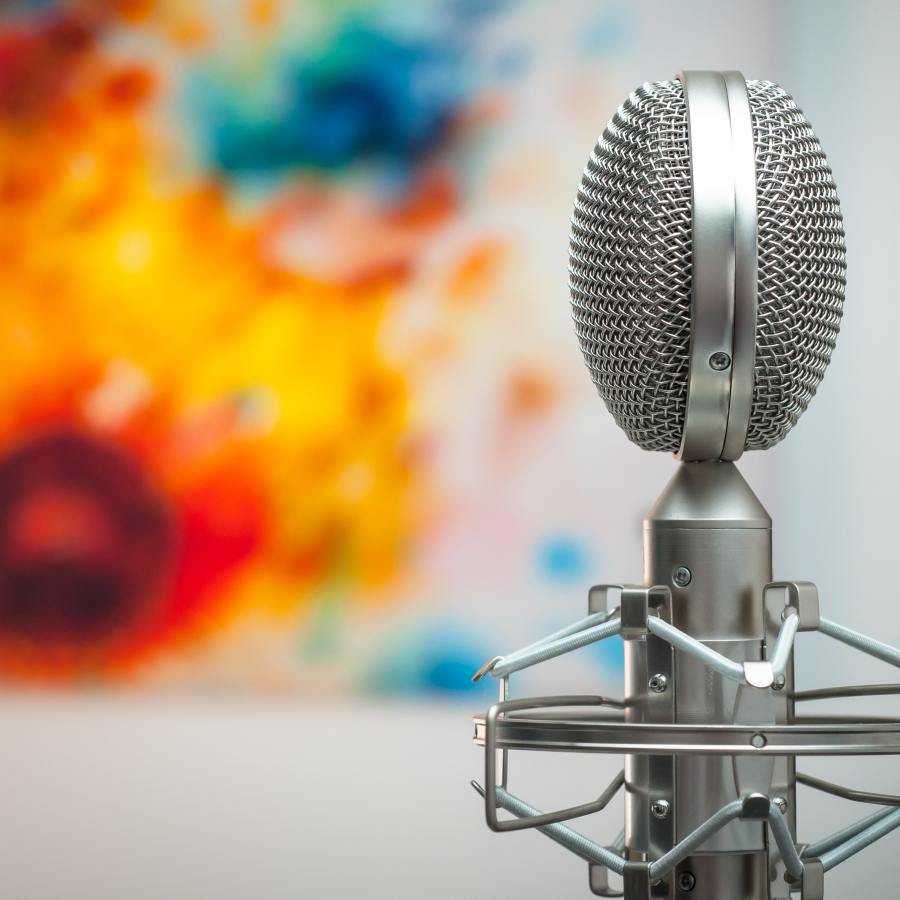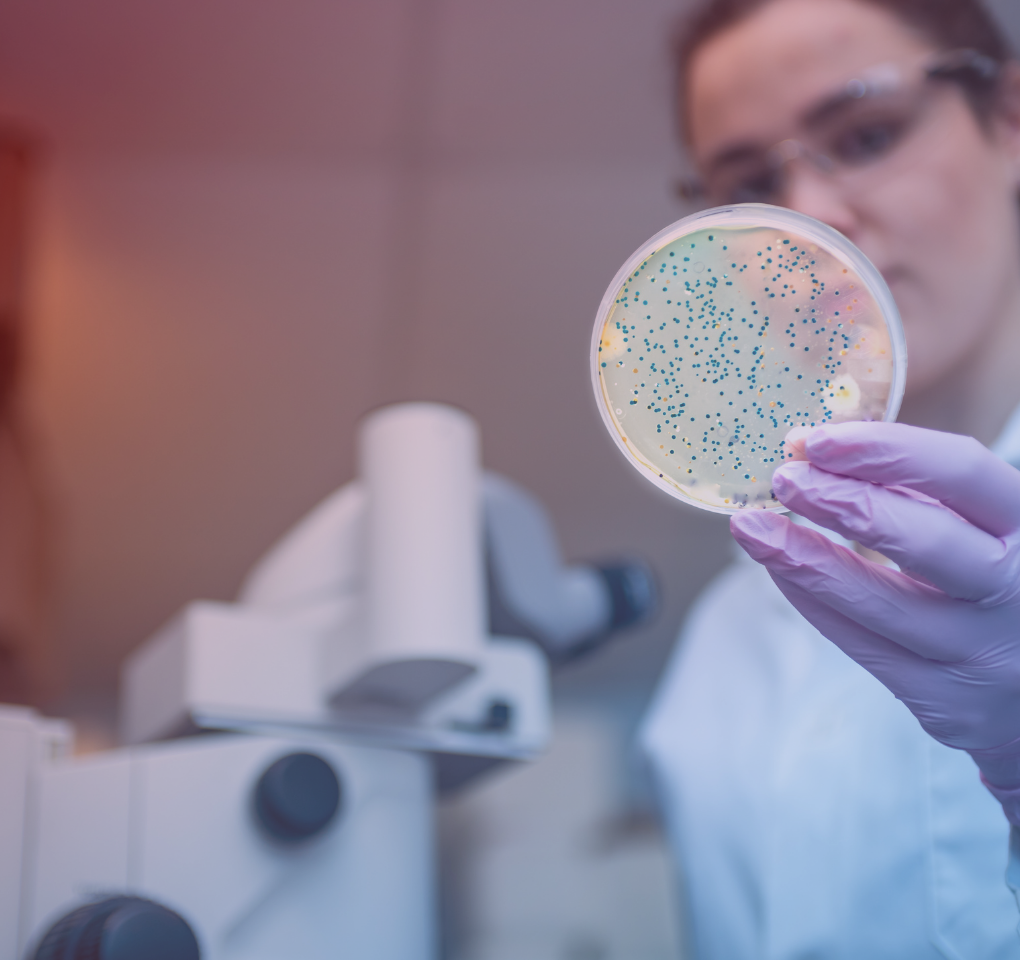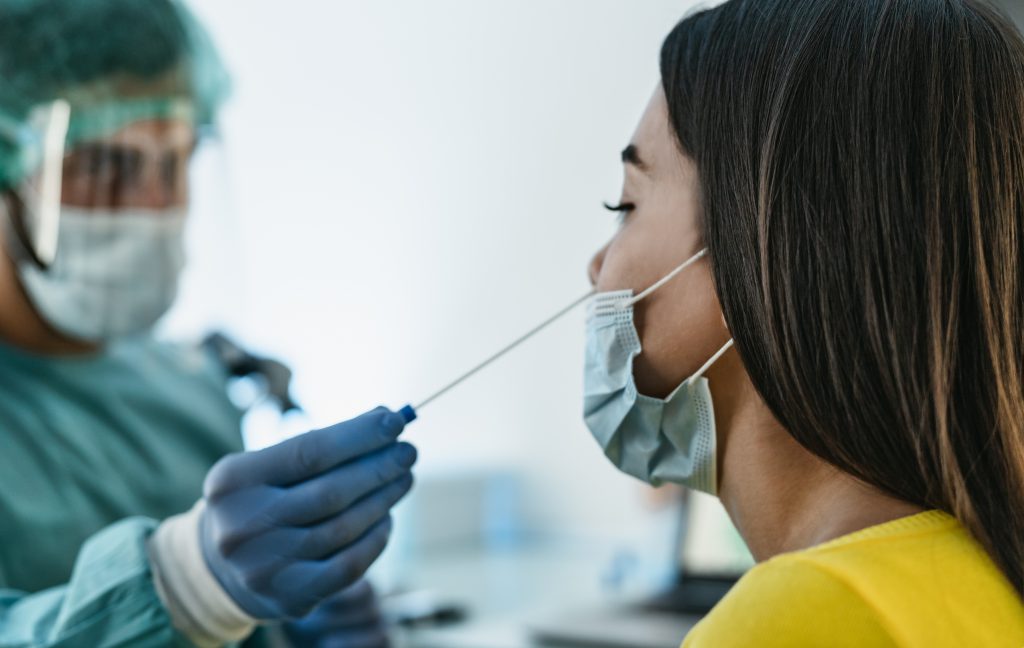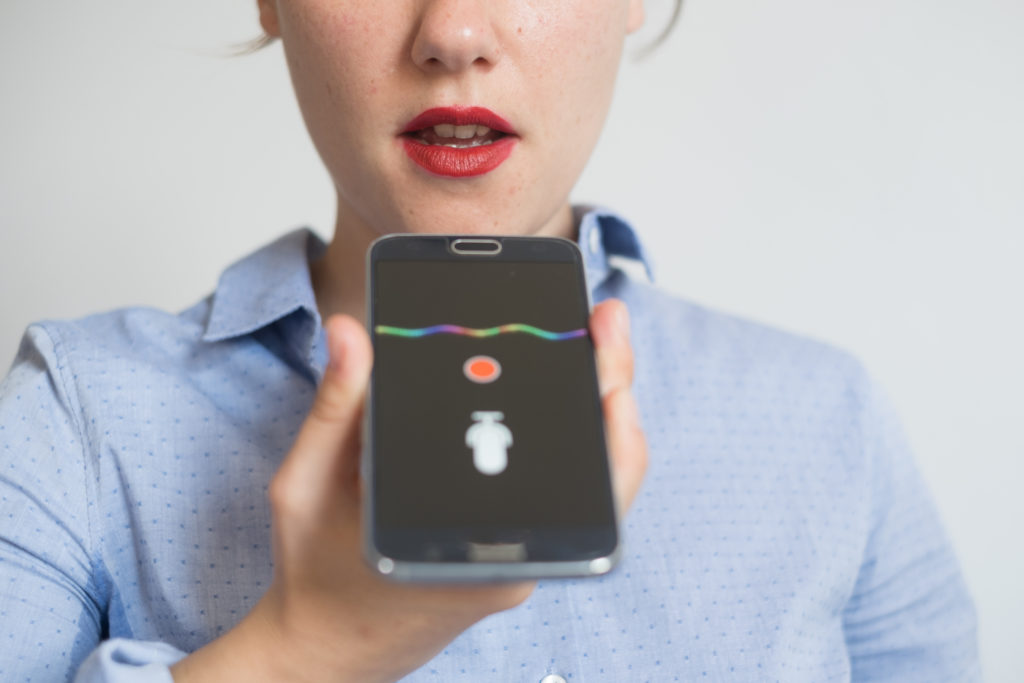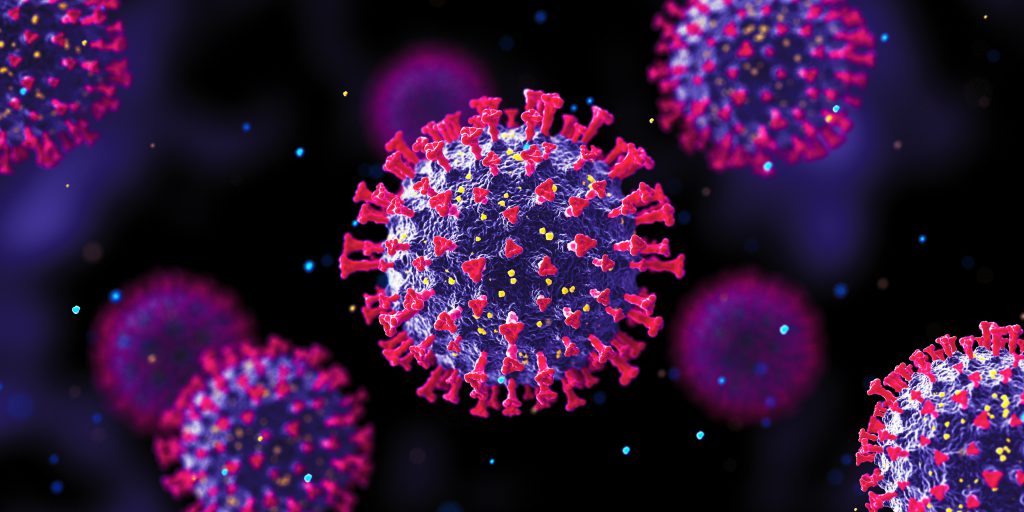A pioneering study using vocal biomarkers to monitor COVID-19
24 October 2022

The Sound of COVID-19
Researchers in Luxembourg showed for the first time that vocal recordings of COVID-19 affected people could be used to monitor related symptoms of the disease.
The Predi-COVID Cohort study, a project led by Dr Guy Fagherazzi of the Luxembourg Institute of Health (LIH), showed for the first time that vocal recordings of COVID-19 affected people could be used to monitor related symptoms of the disease. This new biomarker-based technology could become a novel easy way for healthcare practitioners to provide at risk-patients with immediate help, as well as relieve some burdens on the healthcare system.
The need for individual tailored medical care
COVID-19 is a very heterogeneous disease. While some people are asymptomatic or exhibit only mild symptoms, others require hospital care or even die. For some patients, recovery is quick whereas others are chronically affected by Long COVID. The symptoms themselves also vary from person to person, ranging from fever, cough or body aches to loss of smell or nausea, and can appear alone or in any number of combinations. All of these factors make individual tailored medical care in response to the disease an absolute necessity.
If physicians were able to remotely monitor mild cases and quickly assess the symptoms, this would certainly take some weight off the overall healthcare system, giving the priority to more severe cases. Appropriately followed, the affected patients could then seek more precise medical care, if necessary. A recently published study led by Dr Guy Fagherazzi, Director of the Luxembourg Institute of Health Department of Precision Health and Group Leader of the Deep Digital Phenotyping Research Unit, describes a novel method by which this could be possible. Namely, that of vocal biomarkers.
Predicting COVID-19 symptomatic status
The researchers obtained vocal data via Predi-COVID, a study of people who tested positive for COVID-19. Participants regularly recorded themselves with their smartphones while reading a set text and then filled out a questionnaire about their symptoms and general health status. The 272 participants were then divided into two different groups: symptomatic and asymptomatic. Audio features were extracted and compared between the groups and the data was fed into an artificial-intelligence based model in order to predict the symptomatic status. As Dr Fagherazzi explains, the researchers were able to “derive a vocal biomarker that could be used to accurately monitor symptomatic and asymptomatic individuals with COVID-19.”
This pioneering study is the first to use spoken voice recordings, as opposed to coughing or breathing, from various devices, and in a real world environment to identify COVID-19-related symptoms. In the future, healthcare practitioners will be able to use this novel technology to both screen patients as well as track the progression of their symptoms via remote monitoring, using cheap and non-invasive tools like smartphones. It could also be a practical solution for monitoring Long COVID patients over an extended period in order to anticipate the evolution of their symptoms.
Such a vocal biomarker could be integrated into future telemonitoring solutions, digital devices, or in clinical practice. It offers an easily available, non-invasive tool to collect data that can be used from home. This could revolutionise the way patients are monitored, treated, and offer a much needed solution to relieve the burden from our healthcare systems.
Dr Fagherazzi, Director of the LIH Department of Precision Health and Group Leader of the Deep Digital Phenotyping Research Unit
The study was published on October 20th in PLOS Digital Health. The full article can be found under the title “A Voice-based Biomarker For Monitoring Symptom Resolution In Adults With COVID-19: Findings From The Prospective Predi-COVID Cohort Study” [10.1371/journal.pdig.0000112].
Funding and collaborations
The ongoing research efforts are jointly coordinated by the LIH, the Integrated Biobank of Luxembourg (IBBL), the Laboratoire National de Santé (LNS), Research Luxembourg, the Luxembourg Centre for Systems Biomedicine (LCSB) of the University of Luxembourg, the Centre Hospitalier de Luxembourg (CHL), the Fonds National de la Recherche Luxembourg, the Fondation André Losch and the Luxembourg Government. The Predi-COVID study is supported by the Luxembourg National Research Fund (FNR) (Predi-COVID, grant number 14716273); the André Losch Foundation; and the Luxembourg Institute of Health.


